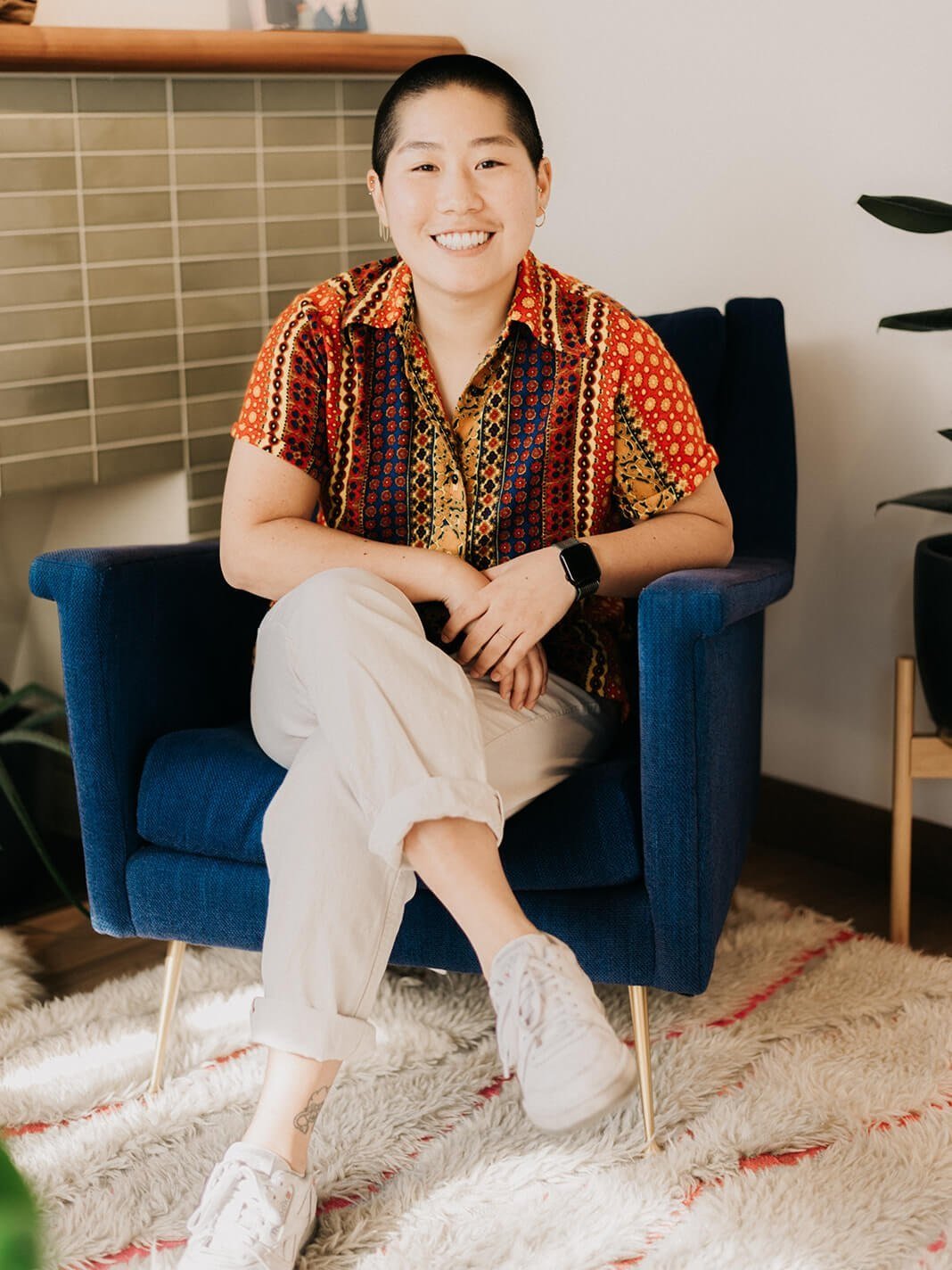On the Gamification of Self-Care
In today’s fast-paced world, where stress, anxiety, and overwhelming daily demands are all too common, finding a way to take care of your mental health can often feel like an extra chore on your to-do list. But what if self-care didn’t feel like a chore at all? What if it was fun, engaging, and—dare I say—game-like? That’s exactly the experience I had with Finch, a self-care app that combines the power of gamification with mental wellness practices to help you stay consistent and motivated in your self-care journey.
My self-care app Finch
At its core, Finch is a self-care app that lets you care for a little bird while also caring for your own mental and emotional well-being. The app is structured around setting and achieving small self-care goals, which, in turn, helps you earn rewards to decorate and customize your bird’s appearance and its home. It’s a quirky and motivating blend of mindfulness exercises, goal setting, and virtual pet care.
But beyond the cute factor, Finch helps foster real, tangible changes in how you engage with your mental health. Whether it’s dealing with anxiety, managing feelings of overwhelm, or finding a way to reduce daily stress, the app offers a variety of tools that support your needs.
One of the standout features for me was how the app helped me manage my anxiety. I’ve often struggled with anxiety and feelings of overwhelm, and Finch provided me with calming exercises like guided breathing, yoga stretches, and soothing soundscapes that helped me calm down when I needed it most. The app also offers guided reflections and prompts that allowed me to process my thoughts in a structured way.
What really kept me coming back to Finch was the sense of motivation I got from the rewards system. As I completed self-care tasks (like meditation, hydration, or stretching), I could “level up” my bird and buy cute little outfits or furniture for its home. It may sound silly, but having a tangible reward—like seeing my bird’s appearance change or being able to give it a new accessory—actually motivated me to stick with my self-care goals. It made the process feel less like work and more like a fun, rewarding game.
Finch & my social media consumption
Another unexpected benefit of Finch was that it helped me spend less time on social media. Whenever I’d open my phone to check Instagram or TikTok, rather than scrolling endlessly through my feed, I was opening the app to check on my bird, practice mindfulness, or engage with the community. This small change had a significant positive impact on my mental health, as I was no longer bombarded with negative news, comparing myself to others, or the notorious doomscroll.
The app’s built-in social aspect allows you to connect with friends, share gratitude, send reminders to drink water, or encourage each other with a "good vibes" boost. The feature that stands out the most is the ability to request a “hug” from friends, which can be a simple but powerful way to ask for extra support when you’re feeling low. I found this especially comforting—it made the app feel like a safe space where I could reach out for emotional support, even if it was just virtual.
Although Finch was a great fit for me, I’ve also heard from others about different apps they’re using to help with self-care, grounding, and identifying emotions. Apps like Headspace, Calm, and Breethe are all popular for their guided meditations and breathing exercises, while apps like Moodpath or Daylio focus on tracking moods and feelings. The beauty of the growing self-care app market is that there’s something out there for everyone, whether you need structure, mindfulness, or just a fun distraction.
If you’re looking for a fun, motivating way to integrate self-care into your routine, some of these self-care and wellness apps are definitely worth exploring. It’s not a magic fix, but it can certainly be a helpful tool in building positive habits and staying mindful of your mental health.
Logan Kim, is a queer, non-binary, Asian-American Associate Marriage and Family Therapist. They work with individuals and couples from a relational and social justice-oriented approach. Logan is particularly passionate about their work with queer and trans clients, exploring issues around identity, relationships, and the implications of existing in a cisheteronormative society.
GET HELP NOW
If you are interested in therapy with Kindman & Co. and would like to learn more about the services we have to help you, follow these quick & easy steps:
Schedule a free 20-minute phone consultation with our Care Coordinator.
Get matched with the therapist who’s right for you.
Start feeling more supported and fulfilled in your life and relationships!
THERAPY SERVICES AT KINDMAN & CO.
We are here for your diverse counseling needs. Our team of therapists provides lgbtqia+ affirmative therapy, couples therapy & premarital counseling, grief & loss counseling, group therapy, and more. We have specialists in trauma, women's issues, depression & anxiety, substance use, mindfulness & embodiment, and support for creatives. For therapists and practice owners, we also provide consultation and supervision services! We look forward to welcoming you for therapy in Highland Park and online.


